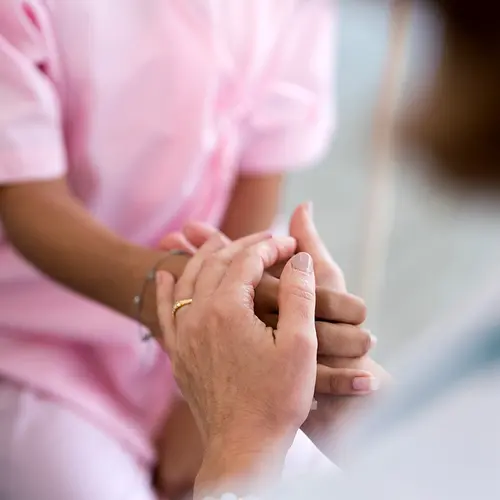A breast exam by a health professional (such as your doctor, nurse practitioner, or physician assistant) is an important part of routine physical checkups.
How Often Should I Have a Clinical Breast Exam?
You should have a clinical breast exam every one to three years starting at age 20 and every year starting at age 40. A clinical breast exam may be recommended more frequently if you have a strong family history of breast cancer.
When Should I Schedule a Clinical Breast Exam?
Breast exams are best performed soon after your menstrual period ends, because your breasts will not be as tender and swollen as during your period. This makes it easier to detect any unusual changes. If you have stopped menstruating, schedule the yearly exam on a day that's easy for you to remember, such as your birthday.
What Happens During a Breast Exam?
Before your breast exam, your health care provider will ask you detailed questions about your health history, including your menstrual and pregnancy history. Questions might include what age you started menstruating, if you have children, and how old you were when your first child was born.
A thorough breast exam will be performed. For the exam, you undress from the waist up. Your health care provider will look at your breasts for changes in size, shape, or symmetry. Your provider may ask you to lift your arms over your head, put your hands on your hips or lean forward. They will examine your breasts for any skin changes including rashes, dimpling, or redness. This is a good time to learn how to do a breast self-exam if you don't already know how.
As you lay on your back with your arms behind your head, your health care provider will examine your breasts with the pads of the fingers to detect lumps or other changes. The area under both arms will also be examined.
Your health care provider will gently press around your nipple to check for any discharge. If there is discharge, a sample may be collected for examination under a microscope.
Complete Breast Cancer Screening
Clinical exams and breast self-awareness are important methods of early breast cancer detection and should be performed along with mammography. All three of these methods provide complete breast cancer screening.

